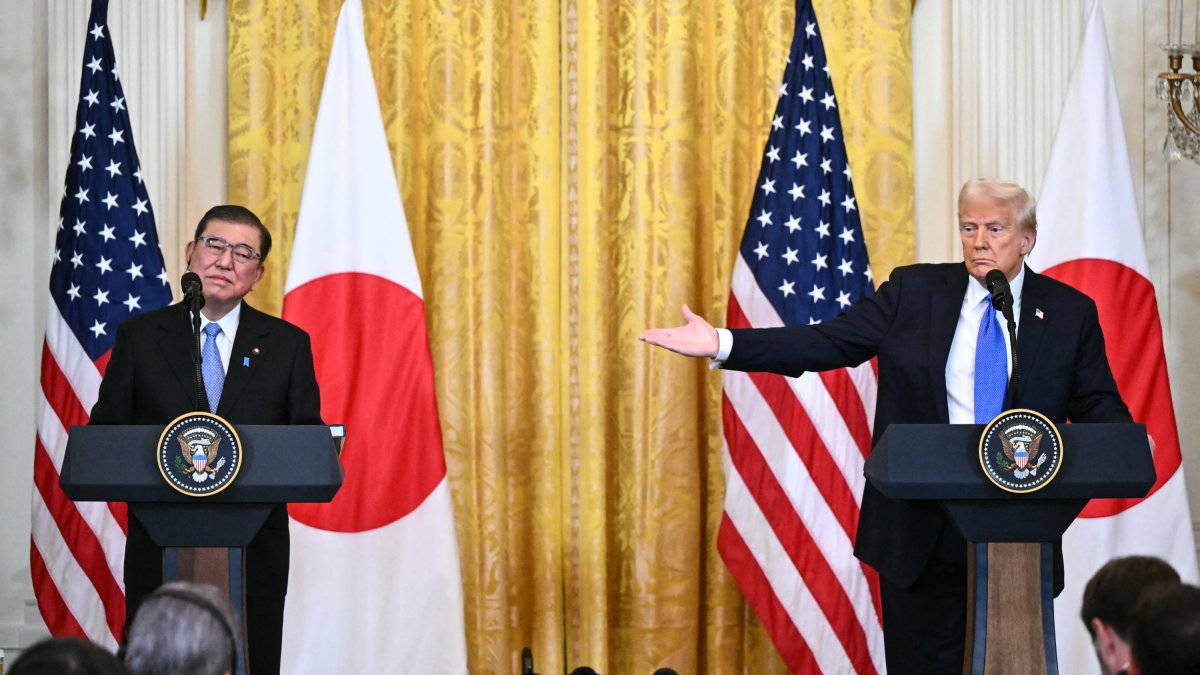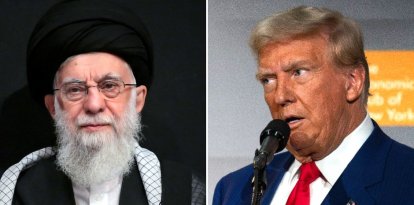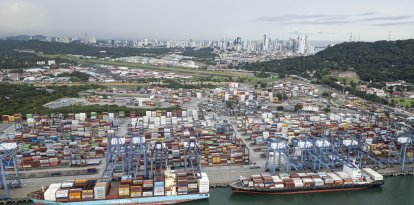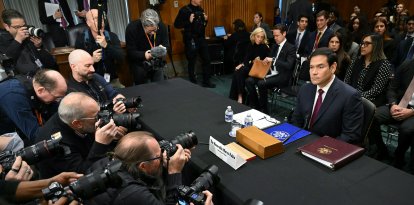Trump threatens new tariffs on Japan over resistance to more U.S. goods
The pressure on Japan is similar to Washington's recent negotiating tactics to force other trading partners to accept terms more favorable to the US and domestic companies.

Japanese Prime Minister Shigeru Ishiba and President Donald Trump in a file image
New tariffs in sight? President Donald Trump stirred international trade again by suggesting Monday that he will impose new tariffs on Japan if the Asian country does not agree to increase imports of U.S. goods, especially rice.
"To show people how spoiled Countries have become with respect to the United States of America, and I have great respect for Japan, they won’t take our RICE, and yet they have a massive rice shortage," Trump wrote on his Social Truth network. "In other words, we’ll just be sending them a letter, and we love having them as a Trading Partner for many years to come."
This claim by Washington has strained bilateral relations with Tokyo in recent weeks.
The president's statements come after weeks of stalemate in trade negotiations between the two nations. As confirmed by the Japanese Foreign Ministry, the Asian country's chief trade negotiator, Ryosei Akazawa, traveled to Washington and met recently with the U.S. Secretary of Commerce, Howard Lutnick, seeking to build bridges and maintain telephone contacts over the weekend.
However, from Trump's own comments, the dialogue between the negotiators appears to have failed to unlock the main sticking points.
One of the most complicated points that is blocking the negotiations is the Japanese demand to eliminate the tariffs on automobiles and auto parts produced in its factories. Trump had already advanced on Sunday, in an interview with Fox News, that his intention is to maintain the 25% tariff on Japanese vehicles as long as there is no agreement satisfactory to both parties.
"They won’t take our cars, right? And yet we take millions and millions of their cars into the United States. It’s not fair," the president told journalist Maria Bartiromo on the "Sunday Morning Futures" program.
Trump's pressure on Japan is similar to Washington's recent negotiating tactics to force other trading partners to accept terms more favorable to the U.S. and domestic companies. Days ago, for example, Trump threatened tough new tariffs on Canada, prompting the neighboring country to back away from slapping a tax on digital services.
In April, the Republican president had already imposed a blanket 24% tariff on most Japanese goods on "Liberation Day", although he eventually suspended the measure in the hope of reaching a bilateral agreement.
Meanwhile, U.S. negotiators are insisting that Japan increase purchases of U.S.-origin rice, soybeans and corn. According to The Japan Times, Japan currently imports 770,000 metric tons of tariff-free rice per year, half of which comes from the United States.
At this time, neither the White House nor the Japanese Embassy in Washington have issued comments on the threat of new tariffs or the ongoing negotiations. Perhaps, the content of the letter announced by Trump will be a turning point to unlock the agreement.



























